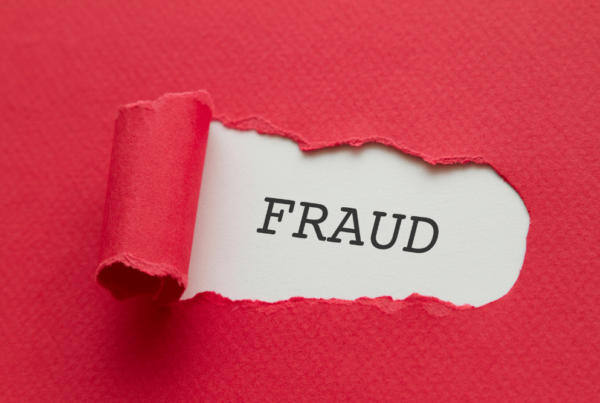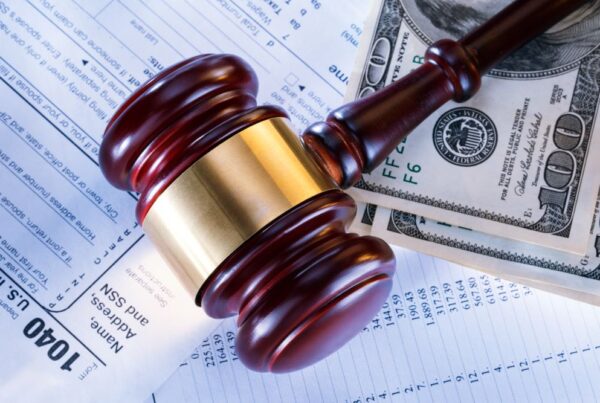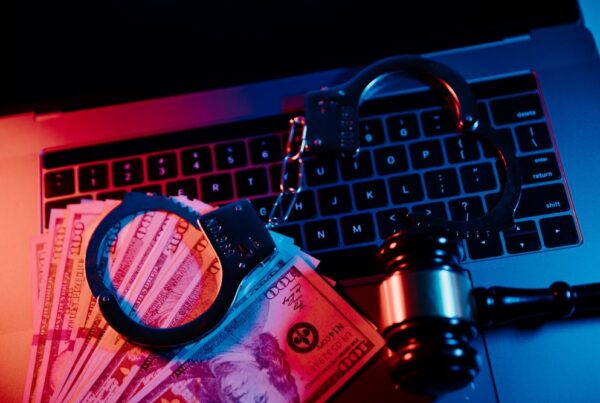The purpose of the grand jury is to decide whether criminal charges should be filed against an individual. Grand jurors are selected for duty in much of the same way as jurors who sit on criminal trials. Each juror receives a summons to appear for jury duty and then, after questioning on their impartiality, they are chosen to sit on the grand jury.
A grand jury may sit for up to 18 months. The grand jury may hear evidence one day each week or more.
In federal criminal cases, the prosecution is authorized to press charges only by grand jury indictment. There is one exception, though. For misdemeanor offenses, where the penalty is one year or less imprisonment, the United States Attorney can file the charge directly, without the need for a grand jury. When this takes place, the charge is filed on an information. The information is an affidavit from the US Attorney asserting there is probable cause that the defendant committed a federal criminal offense.
Federal offenses are predominantly felonies. The penalty for a felony offense is more than one year imprisonment. For felony offenses, federal prosecutions must obtain a grand jury indictment. Occasionally, where the US Attorney has obtained a negotiated plea with the defendant, the defendant will waive indictment by the grand jury. The Federal Rules of Criminal Procedure still require this waiver to take place in court before a judge.
The grand jury is comprised of 16 to 23 people. These individuals sit as jurors during a hearing which is somewhat like a trial. They hear evidence from witnesses, view exhibits, and hear statements of law from the prosecution. After hearing the prosecution’s case, they decide whether to indict. The decision is based on probable cause. If the prosecution has demonstrated probable cause, then the grand jury will indict, saying they have a true bill. Where the evidence is not sufficient for probable cause, the grand jury will say they have no bill, or have not returned a bill.
The law requires that at least 12 grand jurors must agree for an indictment to issue.
Although the grand jury is supposed to be an independent body, it is lead by the prosecutor. The Department of Justice will assign an attorney to lead the grand jury through the indictment process. The federal prosecutor who leads the grand jury has almost exclusive control over what evidence is presented to the grand jury.
In fact, the prosecution can call a special grand jury for the purpose of investigating a particular crime. See 18 USC 3331.
The prosecution is not required to present all the evidence to the grand jury. In fact, the prosecutor may decline to present evidence that shows the defendant did not commit the crime. The prosecution has no obligation to show the grand jury proof that the defendant is innocent.
The US Attorney uses the grand jury for investigation just as much as for filing criminal charges. The reason is, the grand jury has advantages over investigation by law enforcement.
For example, the grand jury can issue subpoenas requiring the production of evidence. If the prosecutor wants access to business records or other bank and financial records, he can get it through a subpoena duces tecum. A subpoena duces tecum is a court order to produce records or other tangible things. Failure to obey a subpoena can result in contempt of court and possible incarceration.
Trying to obtain these records through law enforcement would require a complaint for search warrant before a magistrate and presentation of probable cause. In cases where the police do not have probable cause yet, the prosecution can use the grand jury to obtain the same evidence.
Federal prosecutors can also force witnesses to testify before the grand jury. For instance, the grand jury can issue a subpoena ad testificandum requiring a witness to appear and give sworn testimony.
If police or agents of the Federal Bureau of Investigation were to visit a person and request an interview, the person can refuse the interview. But where the federal grand jury has issued a subpoena, the person must appear. Failure to appear can result in contempt of court.
The witness who is subpoenaed before the grand jury may still be able to exercise his 5th Amendment privilege against self-incrimination and remain silent. But the federal prosecutor may decide to provide the witness with immunity from prosecution in exchange for testimony. Neither the police nor federal agents can make such promises of immunity. So in this way, the grand jury is an advantage over traditional police investigation.







Recent Comments